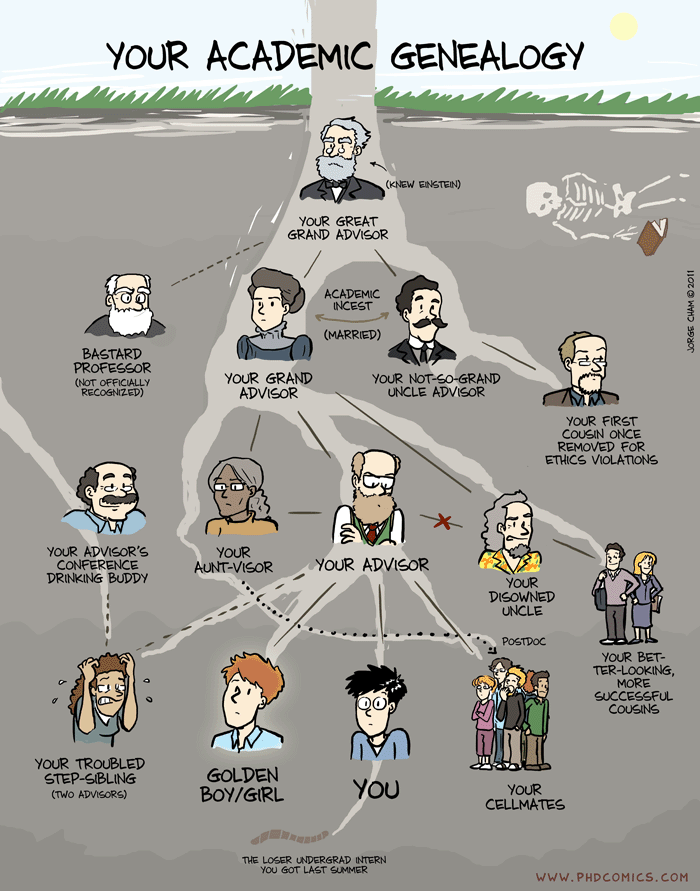I have touched on this subject before in my professional oriented blog. The most efficient learning at least to me has been highly involved process with great teachers giving their encouragement and input, but not pouring information down my throat. This has usually required close interaction with the teacher on personal level and project based or problem based learning.
 |
| http://www.worksheetlibrary.com/teachingtips/projectbased.html |
The problem or project based learning gives students a lot of responsibility and a more personal look on the subject they are learning about. My Waldorf high school project on inheritable diseases in my family tree was a great project to have. It prepared me for project planning, literature mining, showed how untrustworthy interview based data collection is, and really showed that genetics might not be the field for me after all. These are very important lessons for anyone with an interest for science careers.
The Finnish higher education system does need an over haul. There are some great educators who really help students. Sadly there are still some unintentionally bad teachers. Part of this problem might be the requirement of research personnel to teach with very little rewards. Here are some points that could be improved:
- Stop lecturing material students can read on their own. This should not be a goodnight story read to an audience. Higher education should build a knowledge base AND help students take the first steps in applying the knowledge to real problems.
- Stop testing for memorization. This causes talented students to wonder if they really deserved that A. And might give false sense of accomplishment for students who in reality cannot use the information in real life problems.
- Offer better career advice. This is a huge deal. The employment situation is tricky in many fields especially if you spent years of your education unaware of the different careers you could be preparing for. Having a person with good sources for different career paths help the incoming students, could make their university experience more goal oriented and useful.









.JPG)